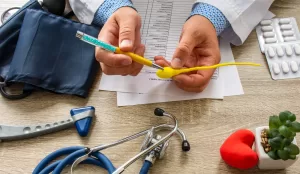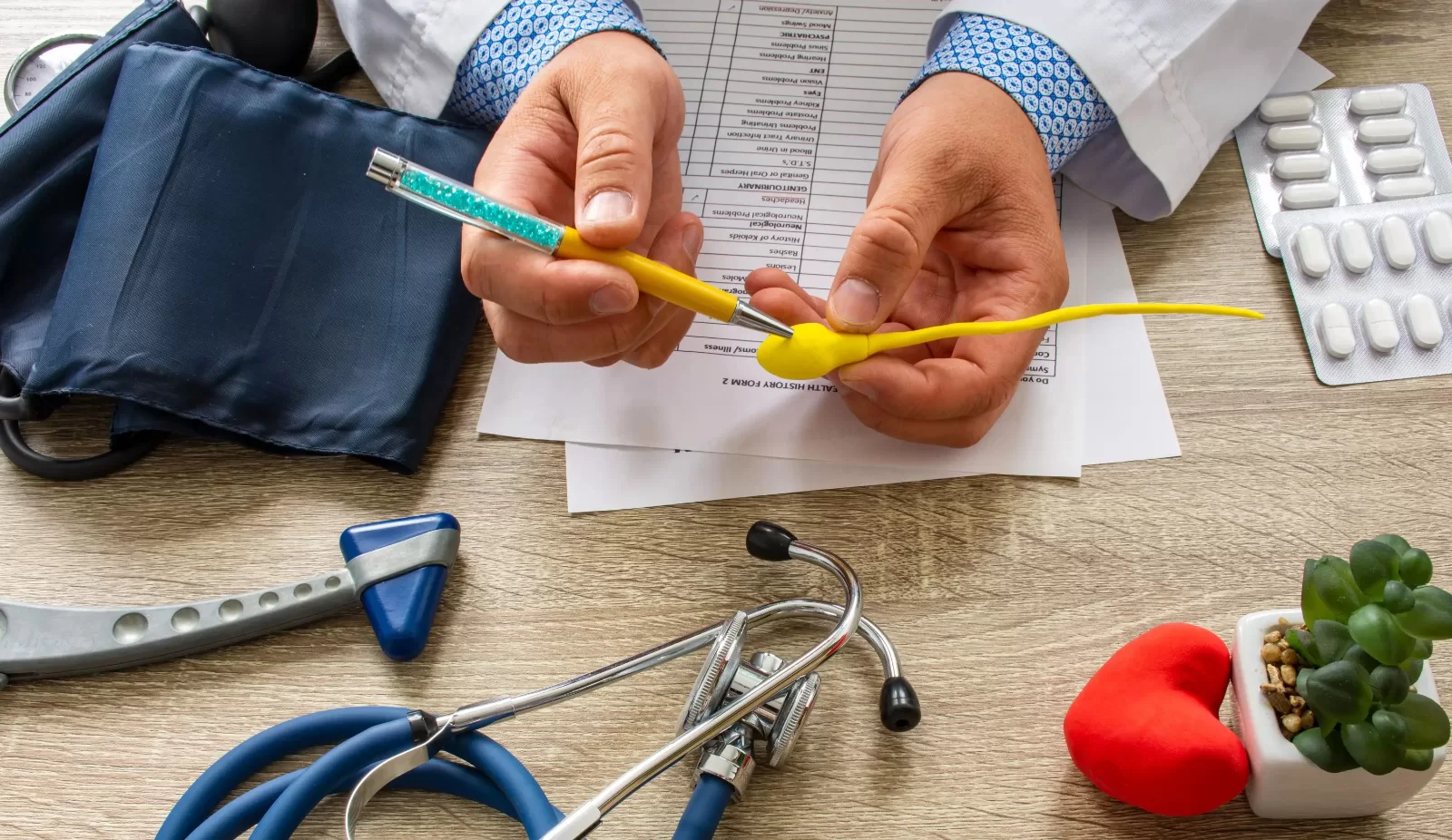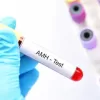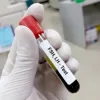 Can You Get Pregnant After a Vasectomy?
Can You Get Pregnant After a Vasectomy?
When it comes to family planning, many couples rely on permanent solutions to ensure peace of mind and prevent unplanned pregnancies. A vasectomy is considered one of the most effective methods of male contraception, boasting a success rate of nearly 99.85%. The procedure permanently blocks or cuts the vas deferens, the tubes that transport sperm from the testicles to the urethra, thereby preventing sperm from mixing with semen. However, while the procedure is designed to be permanent, cases of pregnancy after vasectomy can and do happen under specific circumstances.
This blog delves into the reasons behind such cases, explores the vasectomy failure rate, and discusses options like IVF after vasectomy for couples who wish to conceive after the procedure.
Understanding Vasectomy: Procedure and Effectiveness
What Is Vasectomy?
A vasectomy is a minor surgical procedure typically performed in outpatient settings under local anesthesia. During the procedure, the surgeon:
- Makes small incisions in the scrotum.
- Cuts, ties, or seals the vas deferens on both sides.
- Closes the incision with sutures or adhesive.
The process prevents sperm from mixing with semen during ejaculation, effectively preventing pregnancy.
Vasectomy Effectiveness
A vasectomy is nearly 100% effective in preventing pregnancy when performed correctly and followed up with proper semen testing. However, the failure rate of a vasectomy is estimated at 1 in 2,000 cases over a man’s lifetime.
Reasons for Post-Vasectomy Pregnancy
- Residual Sperm Post-Procedure
After the surgery, sperm may remain in the vas deferens for several weeks or even months. If a couple engages in unprotected sex before confirming azoospermia (absence of sperm), there is a significant risk of pregnancy after vasectomy. Doctors recommend using alternative contraception until follow-up semen analyses confirm the absence of sperm.
- Recanalization
One of the rarer but significant causes of post vasectomy pregnancy is recanalisation. This occurs when the severed ends of the vas deferens grow back together, re-establishing a pathway for sperm to enter the semen. This condition often raises questions like:
- Can a vasectomy reverse itself?
- What are the signs your vasectomy grew back together?
Recanalisation is rare but can happen months or even years after the procedure, contributing to the probability of pregnancy after vasectomy.
- Surgical Errors
While rare, mistakes during the procedure can lead to incomplete sealing of the vas deferens, increasing the pregnancy odds after vasectomy. It underscores the importance of choosing a skilled surgeon and undergoing regular follow-up testing.
Signs That a Vasectomy May Have Failed
In cases where the vasectomy has failed, either due to recanalisation or improper surgery, you might notice:
- Pregnancy occurring despite the procedure (after vasectomy pregnancy).
- Presence of sperm in semen during follow-up tests.
- A partner experiencing unexpected pregnancy symptoms.
If any of these signs occur, consulting a fertility specialist is crucial to assess options like vasectomy reversibility or assisted reproductive techniques.
Chances of Becoming Pregnant After Vasectomy
The probability of pregnancy after vasectomy is exceptionally low but not impossible. A study suggests that fewer than 1 in 2,000 men experience pregnancy after the snip. The likelihood depends on factors such as:
- Time since the procedure.
- Proper post-procedure testing to confirm azoospermia.
- Age and overall fertility health of the female partner.
The vasectomy failure rate increases slightly over time due to biological factors like recanalisation.
Can Vasectomy Be Reversed?
Vasectomy Reversibility
Although a vasectomy is intended to be permanent, it is reversible in many cases through a procedure called vasovasostomy. This microsurgical technique reconnects the severed ends of the vas deferens. However, the success rate of reversal depends on factors such as:
- Time elapsed since the vasectomy.
- Presence of scarring or blockages.
- Overall sperm health post-reversal.
Reversal is most successful when performed within 10 years of the vasectomy. Beyond this period, the chances of regaining fertility diminish.
Options for Pregnancy After Vasectomy
For couples wishing to conceive after a vasectomy, there are two primary options:
- Vasectomy Reversal
- Restores the natural pathway for sperm.
- May require weeks or months for sperm production to normalise.
- Success rates decline with time since the original surgery.
- IVF After Vasectomy
For couples seeking a more direct and reliable option, IVF after vasectomy is highly effective. The process involves:
- Retrieving sperm directly from the testicles or epididymis using minimally invasive methods like TESA (Testicular Sperm Aspiration) or PESA (Percutaneous Epididymal Sperm Aspiration).
- Fertilising the egg in a lab via Intracytoplasmic Sperm Injection (ICSI).
- Implanting the resulting embryo into the uterus.
Why Consider IVF London?
IVF London is a leading fertility clinic specialising in helping couples overcome complex fertility challenges, including those related to pregnancy after vasectomy.
Services Offered
- Advanced Fertility Assessments:
Comprehensive evaluations to determine the best pathway for conception. - Expert Sperm Retrieval Techniques:
Skilled urologists perform advanced retrieval methods, ensuring minimal discomfort and high success rates. - IVF and ICSI Treatments:
Combining advanced lab techniques with personalised care for optimal results. - Genetic Screening:
Preimplantation genetic testing ensures that only healthy embryos are selected for transfer, reducing risks and improving pregnancy success rates. - Supportive Care:
Dedicated counsellors and fertility specialists provide emotional and practical support throughout the journey.
Why Choose IVF London?
- State-of-the-art facilities in London and Hertfordshire.
- High success rates in IVF for post vasectomy pregnancy.
- A compassionate, patient-first approach tailored to your unique needs.
Navigating Pregnancy Possibilities After a Vasectomy
While a vasectomy is one of the most effective forms of contraception, the risk of pregnancy after vasectomy is not zero. Factors like recanalisation or surgical errors can lead to rare cases of after-vasectomy pregnancy. For couples who wish to conceive after a vasectomy, options like reversal or IVF after a vasectomy offer hope.
IVF London has the expertise and technology to guide you through this journey, ensuring the best possible outcomes.




